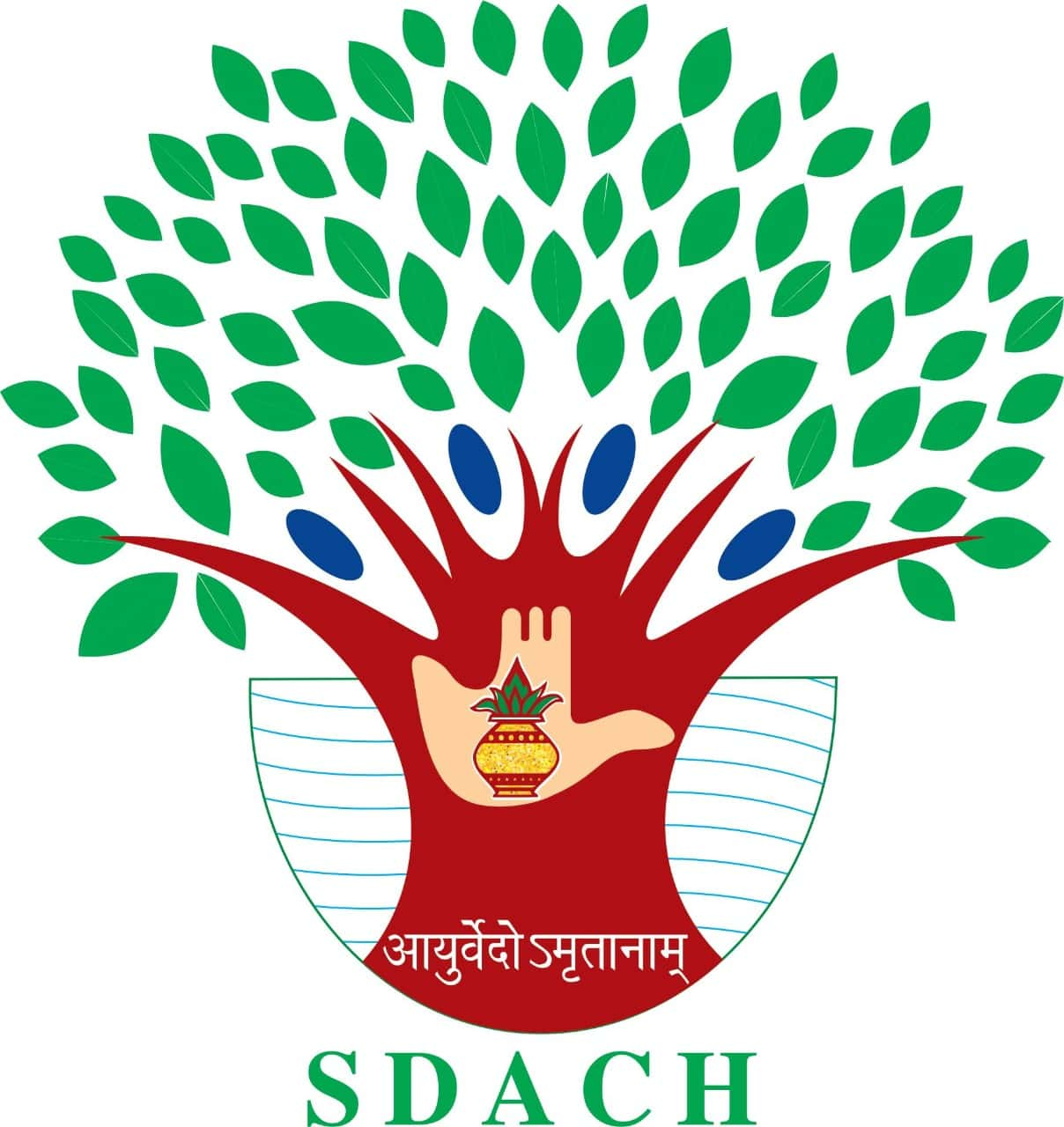Botanical Name : Dalbergia sissoo Roxb ex DC.
Family : Papilionaceae; Fabaceae
Introduction :
Latin name : Dalbergia Mr. Nicholas Dalberg; sissoo = from the Indian name shisav, or D.Iatifolia.
Names in different Indian languages :
English : Sissoo, South Indian Redwood, Sissoo
Hindi : Sisam, sisu
Kannada : Agaru, biridi
Malayalam : Irupul, sisam
Sanskrit : Shimshapaa
Tamil : Irupoolai
Telugu : Errasissu, simsupa
Unani : Seesham
Synonyms :
Shimshapaa, Krishnashimshapaa, Picchilaa
Varieties & adulterants – (CV – controversy, AD – adulterants) :
Dalbergia lanceolaria
Morphology :
The tree grows to 15 – 20 mtrs. in height. Its synonyms like krishnasaraand shyamla are suggestive of its appearance. It is also known as shisham. shishu. sisam, rosewood etc. Trunk- sturdy and round. Bark is fissured. Core is thick, hard and blackish in colour (good for making furniture). Branches tender, pointing downwards. Stalk of leaf – long, wavy with 3.5 leaflets flowers small. yellowish or whitish. Legume- thin with a single seed. On chewing a thin branch, the colour changes from white to yellow and finally it becomes red.
Varieties:
1) Krishnasara
2) Kapilsara
Distribution & Habitat :
throughout India
Chemical constituents :
Sissotrin, di-Me-tectorigenin,palmitic, stearic , oleic, linolenic , linoleic
Properties :
Guna: laghu. ruksha:
Rasa: kashaya. Katu, Tikta;
Vipãka:katu.
Virya: Usna.
Karma :
Dushtavrana hara, balyam, ruchyam, varnyam
carminative, digestive,astingent,cooling,diuretic, antimicrobial, antifungal, anthelmintic,
Indication :
Sopham, vrana, kusta, daha, medhas, vasti ruja
Ulcers, wounds, fever, skin disease, cough, piles, leucorrhoea
Part used :
Bark, heartwood, leaves, root
Dosage :
Leaf juice 10-15 ml
Powder 2-4 g
Decoction 50-100 ml
Uses :
Since it pacifies all the three doshas. it is used in dermatoses, as an anthelmintic and a wound cleanser. Root. constipative. Leaves, appetizer, antimenorrhagic. Trunk – blood purifier, anti-inflammatory and is useful in dysmenorrhoea and menstrual disorders. Decoction o the leaves is used in burning sensation, while in fever, decoction of the trunk is used





